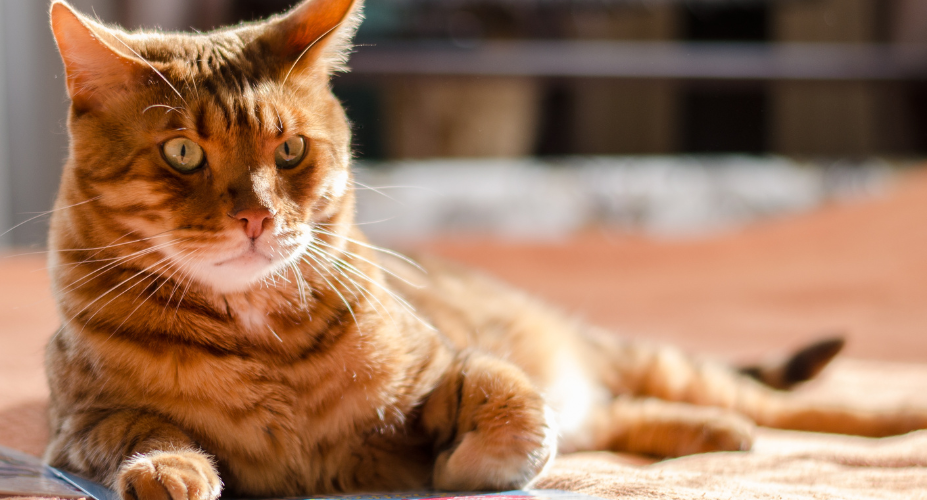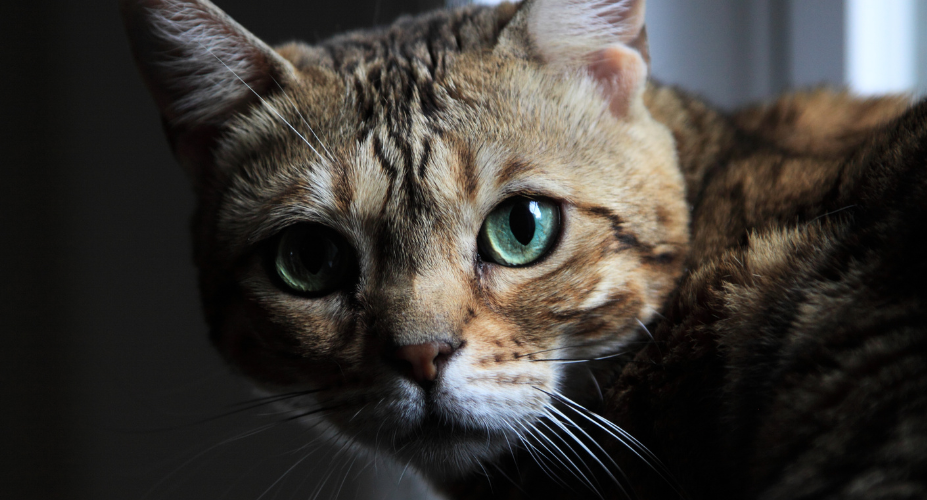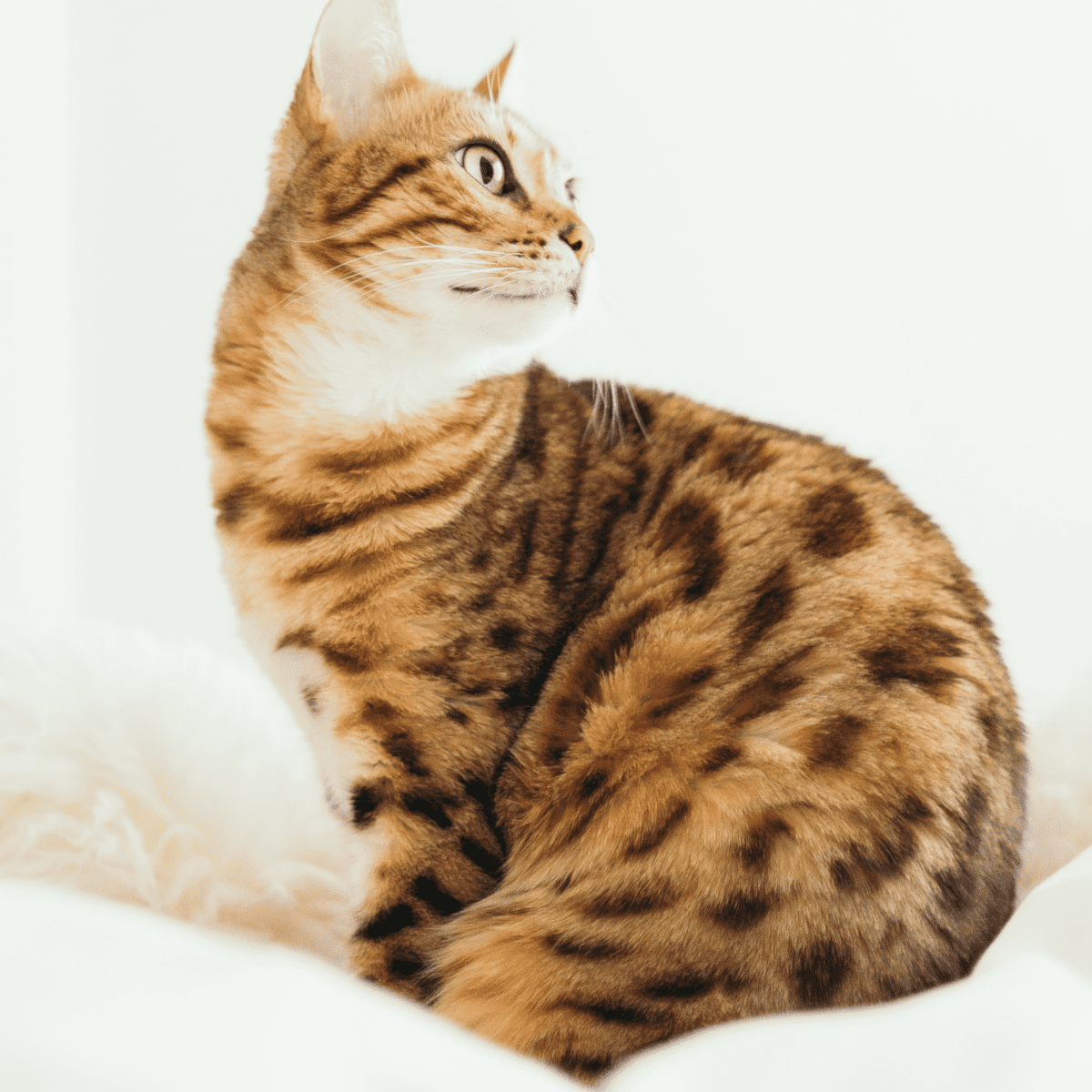Are Bengal Cats Legal in Iowa? A Complete Guide
Are Bengal Cats Legal in Iowa? A Complete Guide
Are Bengal Cats Legal in Iowa?. In Iowa, Bengals must adhere to specific legal requirements to be considered legal pets. According to Iowa's Chapter 717F, Bengals must be the fourth or later filial generation of offspring, with the first filial generation being the offspring of a domestic cat and an Asian Leopard Cat. The remaining four generations must be two domestic cats to be legal.
In this comprehensive guide, we will dive into the world of Bengals, their legal status in Iowa, and the necessary steps to legally own one of these captivating creatures. Discover the appeal of Bengals, the legal landscape in the United States, and the specific requirements for owning a Bengal cat in Iowa. Stay informed and compliant to provide a safe and legal environment for your future Bengal cat companion.
Legal Status of Bengals in the United States
Bengals, known for their striking appearance and dynamic personalities, have captured the hearts of cat enthusiasts across the United States. However, their legal status varies significantly from state to state due to their unique lineage, which traces back to the wild Asian Leopard Cat. This variation in legal status often leaves potential Bengal owners puzzled about where these beautiful felines can be legally owned.
In the United States, the legality of owning a Bengal largely depends on the specific generation of the cat in relation to its wild ancestor. Generally, Bengals that are four generations (F4) or more removed from their wild relatives are considered domestic and are legal in most states. These cats, known for their domestic temperament while still retaining the exotic appearance of their wild ancestors, are widely accepted as pets.
However, some states have implemented specific regulations or outright bans on Bengals, especially those closer to their wild lineage (F1 to F3 generations). For instance, Alaska requires Bengals to be at least four generations removed from the Asian Leopard Cat, and even then, a registered pedigree indicating the previous four generations is necessary. In contrast, states like California have no specific laws regulating the ownership of Bengals, making them legal without restrictions.
Connecticut stands out for its stringent stance, where it is illegal to own any generation of Bengal. Similarly, Hawaii bans Bengals of all generations, reflecting concerns over environmental impact and public safety. Other states, such as Delaware and Georgia, require permits for owning Bengals, indicating a controlled approach to their ownership.
It's crucial for prospective Bengal owners to research their local laws before bringing one of these cats into their home. The legal landscape for Bengals in the United States is a patchwork of regulations that reflect varying degrees of concern over the potential risks and impacts of owning a pet with wild ancestry.
Whether it's due to fears about their behavior, environmental impact, or other concerns, the legal status of Bengals serves as a reminder of the complexities involved in owning a pet that bridges the gap between the wild and the domestic.
Bengals in Iowa: Legal Considerations

In the picturesque state of Iowa, the allure of Bengals, with their exotic markings and vibrant personalities, has captivated many. However, before welcoming one of these stunning felines into your home, it's crucial to navigate the legal landscape surrounding their ownership.
Iowa's approach to Bengal ownership is detailed and specific, ensuring the safety and well-being of both the animals and the community. Under Iowa law, Bengal are considered legal pets, provided they meet certain criteria. The key regulation stipulates that a Bengal must be at least the fourth filial generation (F4) removed from their wild ancestor, the Asian Leopard Cat.
This means that the cat's lineage must include four generations of domestic breeding. The intention behind this regulation is to ensure that the Bengal cats owned as pets are sufficiently domesticated, minimizing the risk of wild behavior and ensuring they are safe to be part of a household.
This specific requirement is part of Iowa's broader legal framework aimed at regulating the ownership of potentially dangerous wild animals. By classifying only those Bengals that are four generations removed from their wild ancestors as domestic pets, Iowa law seeks to balance the desire of individuals to own these beautiful, exotic-looking cats with the need to protect public safety and animal welfare.
For prospective Bengal owners in Iowa, this means doing your homework is essential. Verifying the generational status of a Bengal cat before purchase is not just about ensuring legal compliance; it's about ensuring that you're bringing a pet into your home that is suited to a domestic life.
Breeders and adoption agencies should provide documentation proving the cat's generational status, and prospective owners should be prepared to review this information carefully.
Why the Legal Status Matters?
Understanding the legal status of Bengals before adopting one is not just a matter of due diligence—it is a critical step in ensuring that you are not inadvertently breaking the law. The consequences of non-compliance with state laws can range from fines and confiscation of the animal to more severe legal repercussions.
In Iowa, as in many other states, the legal status of Bengals is tied to their generational distance from their wild ancestors, the Asian Leopard Cats. Owning a Bengal that does not meet the state's legal requirements can lead to various complications.
For instance, if you own a Bengal in Iowa that is less than four generations removed from its wild lineage, you may be subject to penalties or forced to relinquish your pet. This is because such cats are not considered fully domesticated and may pose a risk to both the public and native wildlife.
Moreover, failure to comply with local laws can contribute to a negative image of Bengal ownership, potentially leading to stricter regulations. Responsible ownership includes understanding and adhering to these laws, which are in place to protect the welfare of the cats, the environment, and the community at large.
How to Legally Own a Bengal in Iowa?

Owning a Bengal in Iowa is a unique experience that requires adherence to specific legal guidelines. To ensure you embark on this journey with all the necessary knowledge and documentation, here is a step-by-step guide to legally owning a Bengal in the state of Iowa:
- Research the Generation of the Bengal Cat: In Iowa, Bengals must be at least the fourth filial generation (F4) removed from their wild ancestor, the Asian Leopard Cat. This means that the cat's parents, grandparents, and great-grandparents must all be domestic cats.
- Verify the Cat's Pedigree: Obtain a certified pedigree from the breeder or adoption agency that clearly shows the Bengal's lineage up to at least four generations. This document is crucial as it serves as proof of the cat's domestic status.
- Consult with Local Authorities: Before finalizing your decision to adopt a Bengal, check with your local city or county authorities to ensure there are no additional restrictions or ordinances that you need to be aware of.
- Choose a Reputable Breeder or Adoption Agency: Work with a reputable breeder or adoption agency that understands and follows Iowa's laws regarding Bengals. They should be transparent about the cat's generational status and provide all necessary documentation.
- Prepare Your Home: Bengals are active and intelligent, requiring an environment that can cater to their needs. Ensure your home is Bengal-ready, with plenty of space for play and exploration.
- Understand the Commitment: Owning a Bengal is a long-term commitment. These cats are known for their energy and need for interaction. Be prepared to provide the necessary time and attention.
- Finalize the Adoption: Once you have completed the above steps and are confident that you can legally own a Bengal in Iowa, you can finalize the adoption process with your chosen breeder or agency.
By following these steps, you can ensure that your Bengal ownership in Iowa is not only legal but also a joyful and fulfilling experience for both you and your new feline friend. Remember, owning a Bengal is a responsibility that goes beyond just legal compliance; it's about providing a loving and suitable home for a truly remarkable pet.
What are the risks of owning a bengal in Iowa?

Owning a Bengal in Iowa comes with certain risks and considerations due to their unique characteristics and needs. Some of the risks associated with owning a Bengal in Iowa include:
- Behavioral Challenges: Bengals have specific needs and behaviors that differ significantly from regular domestic cats, as they retain some wild instincts even in later generations. This can make them challenging pets to own, requiring specialized care and understanding.
- Environmental Impact: Due to their potential to exhibit wild behaviors, Bengals may pose risks to the local environment if allowed to roam unattended or escape. This can lead to concerns about their impact on native wildlife.
- Legal Considerations: While Bengals are legal in Iowa if they are fourth-generation domestic cats or beyond, it's essential to comply with state laws and regulations regarding exotic animal ownership to ensure legal compliance.
- Health and Well-being: Early-generation Bengals (F1 to F4) may exhibit more untamed traits, making them challenging to handle as typical domestic pets. They might have specific dietary requirements, litter box issues, and need an environment that resembles their natural habitat.
- Ethical Concerns: Some breeding practices for Bengal cats raise ethical concerns, such as inbreeding or prioritizing profit over the well-being of the cats. Responsible breeding practices are crucial for the health and welfare of Bengals.
To mitigate these risks and ensure a positive experience owning a Bengal cat in Iowa, it's important to provide appropriate care, understand their unique needs, comply with legal requirements, and consider the ethical implications of breeding practices.
Conclusion
Navigating the legal landscape to welcome a Bengal into your home in Iowa is a journey filled with excitement and responsibility. The state of Iowa, with its specific legal requirements, ensures that Bengals are sufficiently domesticated to be considered safe and suitable for household environments.
This journey begins with understanding that in Iowa, Bengals must be at least the fourth filial generation (F4) removed from their wild ancestor, the Asian Leopard Cat, to be legally owned. This regulation is in place to ensure the safety and well-being of both the pets and the community at large.
The importance of adhering to these legal requirements cannot be overstated. Compliance ensures that you are not only respecting the law but also contributing to a harmonious relationship between your exotic pet and the wider community. It prevents potential legal issues that could arise from owning a Bengal that does not meet the state's criteria, such as fines, confiscation of the animal, or more severe legal repercussions.
In summary, the allure of owning a Bengal cat in Iowa is understandable, given their striking appearance and dynamic personalities. However, it is imperative for prospective owners to thoroughly research and comply with Iowa's specific legal requirements.
By doing so, you ensure a safe, legal, and joyful environment for your new feline friend, while also fostering a community that respects the balance between exotic pet ownership and public safety. Let your journey to Bengal ownership in Iowa be guided by responsibility, legality, and a deep commitment to the well-being of your future pet.







